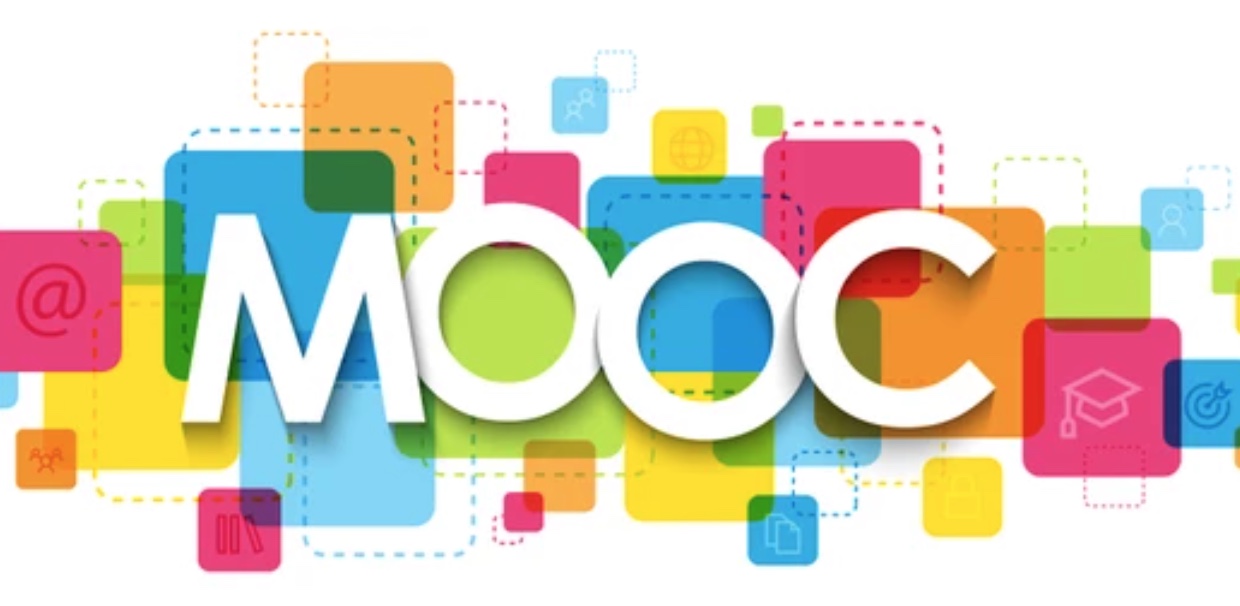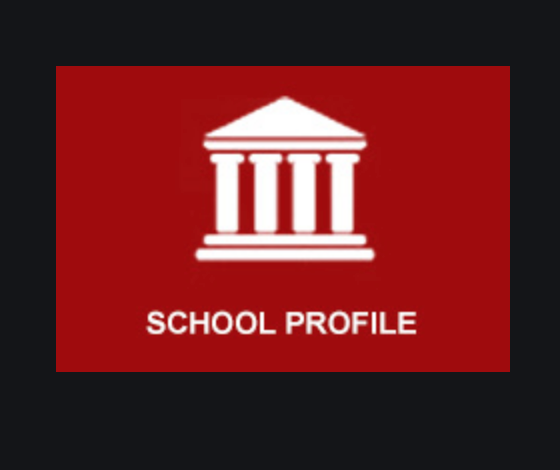This to-do list for rising high school sophomores will help you gain an advantage in high school and college admissions.
ACADEMICS:
Stay focused on academics and learning.
-
Reflect on your freshman-year academics. Where were you successful? Where could you improve? How effective were your organizational and study skills? How did your level of engagement and class participation compare to your peers?
-
Review planned courses for your sophomore year along with your school’s academic profile. Does your intended curriculum have the appropriate level of challenge and rigor and put you on track for junior and senior year courses you’d like to pursue? How does your curriculum compare to academic offerings at your high school? Review your sophomore curriculum. When appropriate, set aside sufficient time for summer coursework, assigned reading, and review packets.
-
Use resources such as Khan Academy, the University of Nebraska Online High School, Coursera, and EdX, to gain a jump start on 10th-grade classes, reinforce 9th-grade learning, or enrich your knowledge.
TRANSCRIPT:
Review your transcript for accuracy.
-
After freshman year grades are posted, request a copy of your transcript and review it for accuracy. Make sure that academic, profile, demographic, and other information are correct.
-
If you find transcript errors or unwanted entrance exam scores, speak with your school registrar or college counselor immediately about having them corrected or removed.
ONLINE PERSONA
-
Review your online persona
-
Examine your information on Facebook and/or other social networks. Consider updating or deleting content that might not be viewed favorably by college admissions officers.
-
READ:
-
Research also shows that reading for pleasure leads to increased success in high school, college, and life. Independent reading improves comprehension, concentration, vocabulary, spelling facility, understanding of grammar, and knowledge of the world. The easiest and most effective way to broaden your vocabulary is to read more. Students who read for enjoyment generally score higher on college entrance exams. Both the ACT and SAT contain passages from literature, history, and science. Check out reading suggestions in The Reading Advantage in College Admissions.
PLAN A PRODUCTIVE SUMMER:
- Summer can be the perfect time to explore potential majors and career options; delve more deeply into current interests; develop your talents; gain valuable experiences that might appeal to college admission officers; expand your horizons; and improve important skills (e.g. reading, writing, math, and study) that can help you on college entrance exams and throughout your life.
- Summer programs, online courses, self-study, internships, employment, and volunteering are just some of the ways to engage your mind and make your summer productive.
- https://inlikeme.com/tips-for-finding-the-right-summer-program/
COLLEGE ADMISSIONS EMAIL ADDRESS
-
If you have been using more than one email address to correspond with colleges, and/or plan to use a different email address for applications, it may make sense to contact colleges regarding email address consolidation, so you get “credit” for visits, etc.
VISIT COLLEGES ONLINE
Prepare (1) Activities (2) Honors & Awards (3) Additional Information
-
The Common Application has sections for Activities, Academic Honors, and Additional Information with certain character/word limitations.
-
These sections are best prepared outside of the Common Application (Google Docs, Word, Spreadsheet) and transferred to the Common Application after being carefully reviewed.
BECOME FAMILIAR WITH THE ACT AND SAT
Become familiar with the ACT and SAT. Most (but NOT all) colleges accept entrance exam scores. Some schools require them. Policies and deadlines vary by school.
-
Most (but NOT all) colleges require entrance exam information to be provided directly from testing agencies (College Board, ACT, TOEFL). Requirements, deadlines, and policies vary by school. Some schools are test-optional.
-
Unwanted ACT scores can frequently be deleted.
COLLEGE LIST
Review and finalize your college list
-
Your final list should include at least two “likely” schools.
KEEP TRACK OF REGISTRATION INFORMATION
Record registration information
-
Record your login information (e.g., password, username, registration email address, portal URL for college-specific logins) in a login spreadsheet or document that you can easily access.
DEMONSTRATE INTEREST / ENGAGEMENT
Engage with colleges and demonstrate your interest
-
Register and attend virtual (online) information sessions. Make sure to use your college admissions email address when you register.
JOIN COLLEGE MAILING LISTS AND REQUEST INFORMATION
-
Register for and attend virtual college information sessions. Make sure you register using the same email address that you will use to apply to colleges.
COLLEGE ADMISSIONS EMAIL ADDRESS
If you have been using more than one email address to correspond with colleges, and/or plan to use a different email address for applications, it may make sense to contact colleges regarding email address consolidation, so you get “credit” for visits, etc.
COLLEGE VISITS
Plan college visits (mostly virtual), information sessions, meetings (e.g., professors, band directors).
-
If you plan to visit campuses in person, make sure they are open to visitors.
COLLEGE INTERVIEWS
Plan and prepare for interviews. Schedule interviews as available virtually, on campus, and in your community.
-
Review the interview policy for each school to which you plan to apply.
-
Some schools have interview deadlines and interview request deadlines.
-
It isn’t uncommon for interviewers to ask applicants about an issue in the news to get a sense of their knowledge of (and interest in) current events. That’s one reason I recommend signing up and reading a daily news-related email such as TheSkimm, Quartz, or Need2Know.
FINANCIAL AID AND INSTITUTIONAL MERIT SCHOLARSHIPS
If you are seeking aid, learn about the overall process and specifics for each school on your list.
-
Parents: Register for an FSA ID in September in preparation to complete financial aid forms in October: the FAFSA and possibly the CSS Profile.
-
If you are a Florida resident, make sure you are up-to-date on Bright Futures eligibility.
-
Explore merit scholarship opportunities on college websites.
-
A handful of institutions require the FAFSA for merit aid consideration, a few require the CSS Profile, and a very small number require both. Students and parents should consult the website of each college to which the student is applying or call the financial aid office to verify whether they need any forms, and if so, which ones and by what date.
-
Keep track of institutional requirements and deadlines for financial aid and scholarship, which vary by school.
APPLICATION ESSAYS
Wrap up personal statement (main essay) drafts and continue work on supplemental essays.
ACTIVITIES
Keep up participation and leadership.
Written by: Lynn Radlauer Lubell, Publisher of InLikeMe.com and Founder of Admission By Design, an Educational Consultancy based in Boca Raton, Florida.


